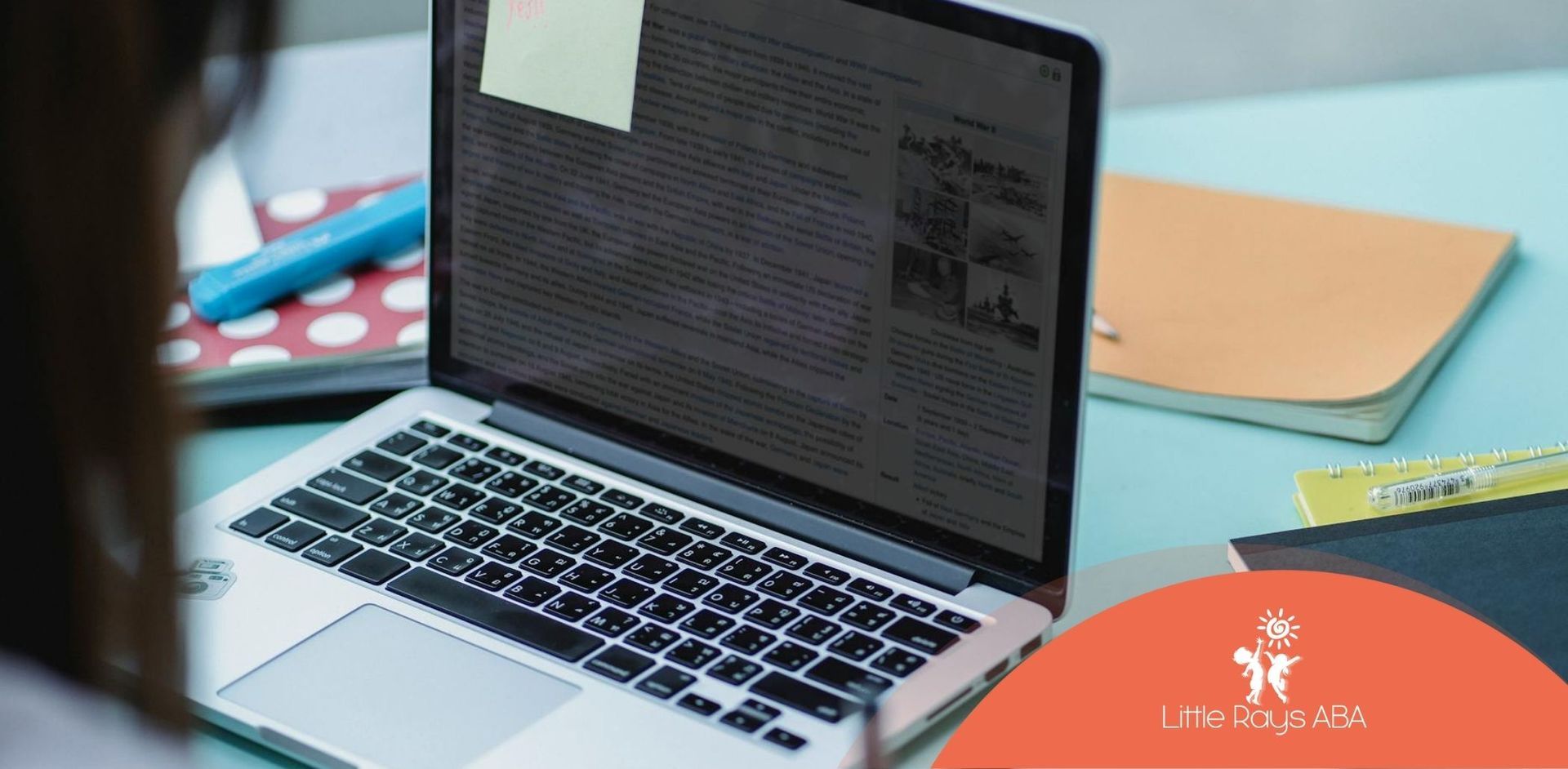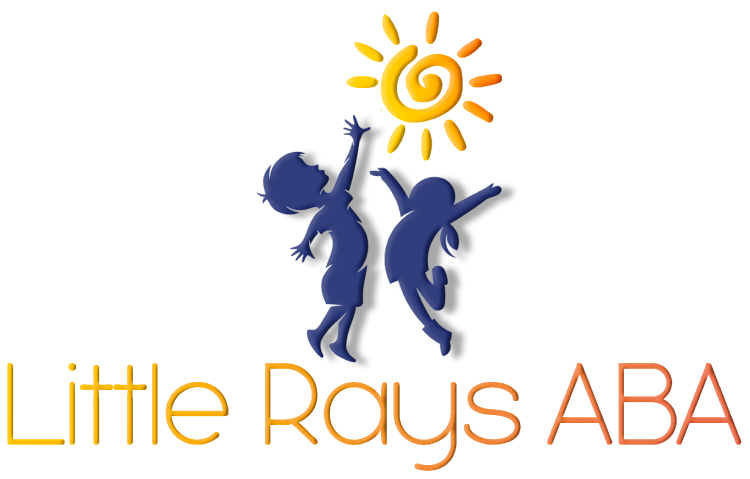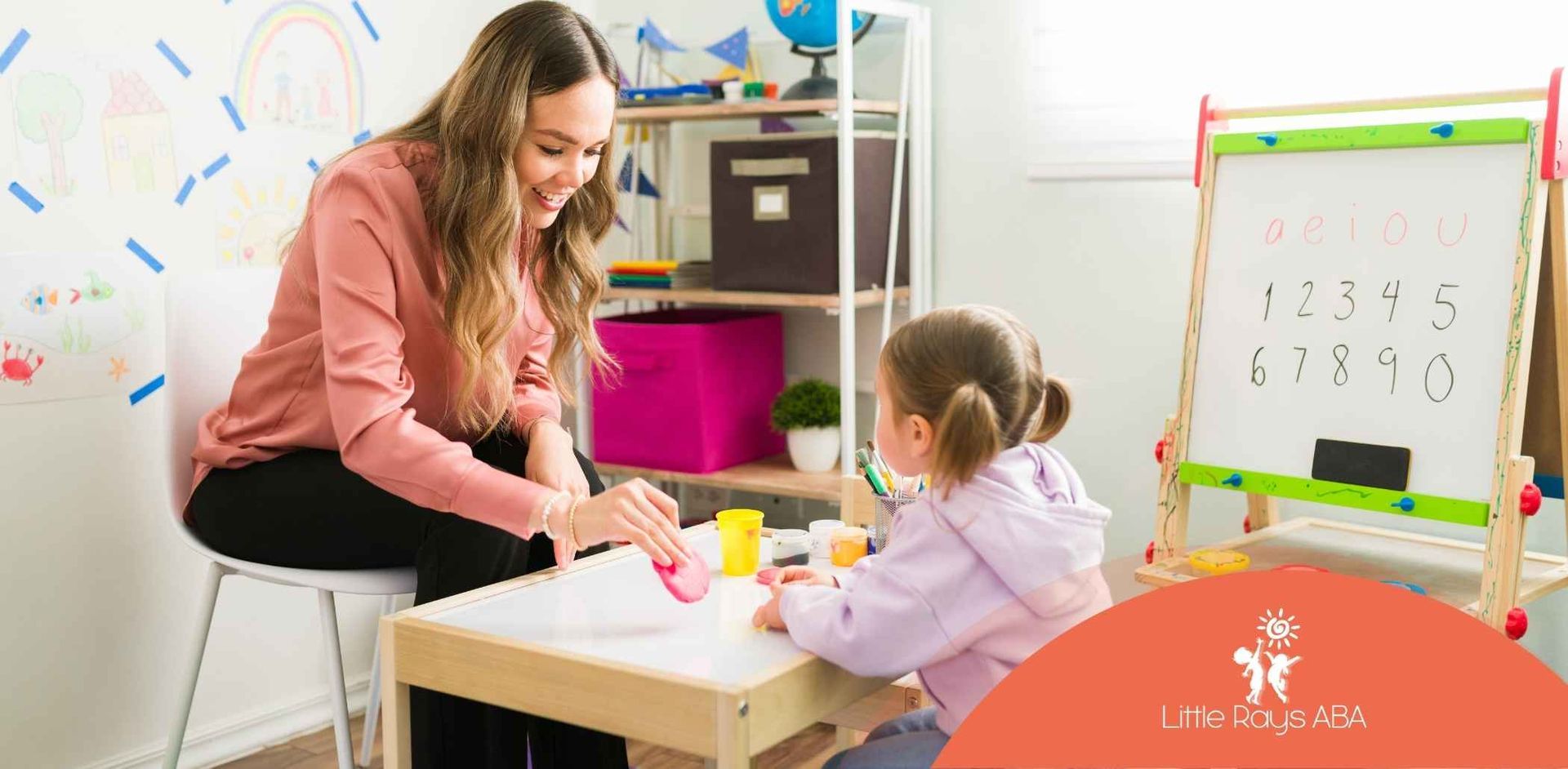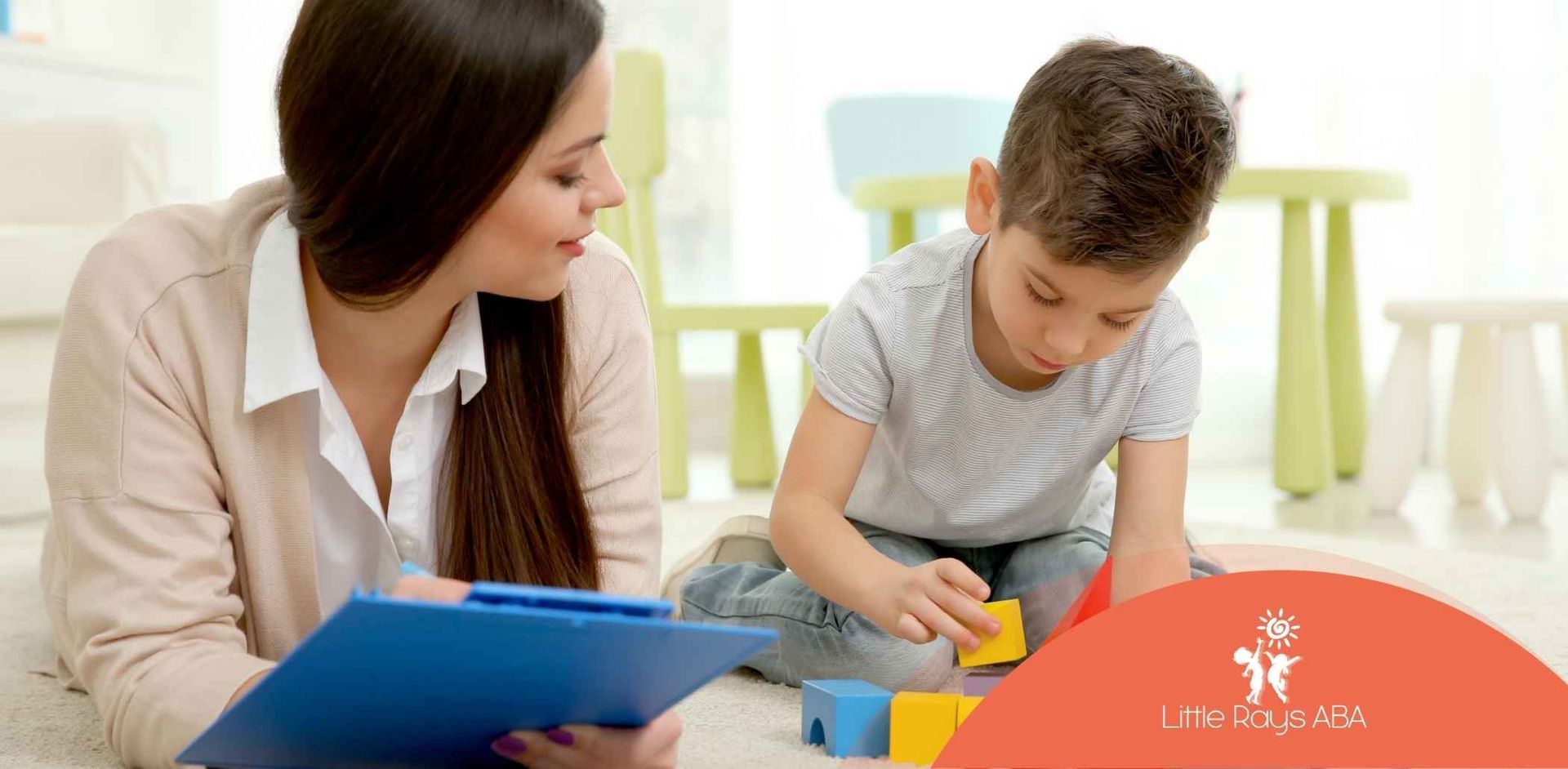
The Benefits of Registered Behavior Technician Training for Families
Registered behavior technician training offers families of children with autism a clear path to understanding and supporting behavior interventions. With more than 150,000 certified paraprofessionals guiding Applied Behavior Analysis (ABA) services, RBT training has become a vital resource for parents and caregivers who seek deeper involvement in therapy planning and implementation. This article explores how registered behavior technician training benefits families, outlines core components of the curriculum, and highlights tips for selecting and maintaining certification.
Understanding RBT Training
Certification Overview
Registered Behavior Technician (RBT) certification is a paraprofessional credential created by the Behavior Analyst Certification Board (BACB) in 2014. An RBT practices under the supervision of a Board Certified Behavior Analyst (BCBA) or a qualified coordinator, delivering direct behavior-analytic services. Achieving this credential assures families that their child’s direct support meets industry standards for safety and effectiveness.
Training Requirements
Candidates must complete a 40-hour training program covering basic ABA concepts, ethical guidelines, data collection, and behavior reduction procedures. This curriculum must be delivered over at least five days, with a minimum of eight hours of instruction per day. Training can be offered online or in person by BACB-approved providers.
Competency Assessment
After training, individuals undergo a competency assessment to demonstrate practical skills. A BCBA or qualified assessor observes the candidate implementing tasks such as discrete trial teaching, prompting strategies, and data recording. Assessments typically take one to three hours across one or two sessions, ensuring readiness to work with clients.
Final Examination
The last step is a computer-based exam administered by the BACB. It contains 85 multiple-choice questions, 75 scored and 10 pilot items, to be completed within 90 minutes. Candidates must score 80 percent or higher to pass. An application fee of $50 covers the exam processing through the BACB.
Benefits For Families
Improved Understanding Of ABA Principles
When family members participate in RBT training, they gain first-hand knowledge of critical ABA concepts. Learning to define behaviors, identify triggers, and apply reinforcement strategies empowers caregivers to observe patterns and support consistency. This shared vocabulary with professionals reduces misunderstandings during team meetings.
Consistent Implementation At Home
What could be more reassuring than knowing each strategy used in therapy aligns with home practices? Families trained as RBTs reinforce skills throughout daily routines, from mealtime instructions to play sessions. Consistent interventions across settings accelerate skill generalization, helping children adapt learned behaviors in real-world contexts.
Enhanced Collaboration With Professionals
Families who understand the RBT role and task list can engage in more productive discussions with therapists. They can ask informed questions about data trends, suggest modifications based on home observations, and develop streamlined communication channels. This teamwork fosters trust and reduces scheduling delays when adjustments are needed.
Greater Confidence And Empowerment
Completing registered behavior technician training often boosts caregiver confidence. Knowing how to collect and interpret behavior data, apply ethical guidelines, and use prompting hierarchies gives parents a practical toolkit. Empowered families report less stress and higher satisfaction with therapy outcomes.
Key Training Components
Applied Behavior Analysis Fundamentals
The 40-hour curriculum begins with ABA foundations. Participants learn to:
- Identify functions of behavior (attention, escape, sensory, tangible)
- Conduct preference and reinforcement assessments
- Understand stimulus control and prompting techniques
Data Collection And Analysis
Accurate data drives informed decisions in ABA programs. Training covers:
- Frequency, duration, latency, and interval data methods
- Graphing conventions for visual analysis
- Ongoing progress monitoring and chart interpretation
Ethical And Professional Standards
Registered Behavior Technicians follow strict guidelines to protect client welfare. The code of conduct includes:
- Maintaining confidentiality and privacy
- Avoiding dual relationships and conflicts of interest
- Reporting safety or ethical concerns to supervisors
Outcomes For Children
Improved Behavioral Skills
Children benefit when families support therapy goals consistently. Target behaviors—such as following directions or reducing tantrums—show faster improvement when reinforcement plans extend beyond clinic sessions. Real-time feedback at home helps children learn adaptive responses.
Measurable Progress Tracking
Families trained as RBTs learn to chart data and recognize trends. Regularly updated graphs offer clear evidence of skill acquisition or areas needing adjustment. This objective information guides BCBAs when modifying intervention plans, ensuring progress remains on track.
Enhanced Family Engagement
Involving parents and caregivers in training fosters a sense of ownership over treatment plans. Children often respond more positively when key adults lead activities and celebrate achievements. Increased family engagement also strengthens the parent-child bond through structured, positive interactions.
Selecting A Training Program
Accredited Providers
Families should choose BACB-approved training organizations to ensure compliance with certification requirements. Examples include ATCC Online, which boasts an 86.5 percent pass rate, and university programs like UTSA’s virtual RBT training.
Training Formats
Training delivery varies by provider:
- Online Intensive: 40 hours completed over one week, ideal for self-paced learners
- Virtual Instructor-Led:
5 consecutive weeks, with 2-hour live sessions plus homework
- In-Person Workshops: Hosted at clinics or university campuses, offering hands-on practice
| Provider | Format | Duration | Pass Rate |
|---|---|---|---|
| ATCC Online | Online Self-Paced | 40 hours | 86.50% |
| UTSA | Virtual Instructor-Led | 5 weeks (40h) | Not Reported |
| CentralReach | Online Live Sessions | Flexible | Not Reported |
Cost And Timeline
Training fees vary by provider but typically range from $200 to $500. After completing instruction and the competency assessment, BACB approval and exam scheduling add two to four weeks to the timeline. Families can often finish the entire process in one to two months, depending on session availability.
Maintaining Certification
Renewal Requirements
RBT certification remains valid for one year. To renew, technicians must:
- Complete a supervised competency assessment
- Submit renewal application and fee to the BACB
Failure to renew on time results in expiration and requires restarting the application process.
Continuing Education Options
Although RBT renewal does not mandate continuing education units, many families and paraprofessionals choose to pursue workshops, webinars, or advanced coursework to refine skills. Topics can include verbal behavior techniques, autism-focused interventions, and specialized data systems.
Conclusion
Registered behavior technician training bridges the gap between clinical expertise and everyday support at home. Families who engage in this 40-hour curriculum, complete competency assessments, and pass the BACB exam gain practical skills for consistent behavior management. They become confident collaborators in their child’s ABA program, track measurable progress, and adapt strategies to daily routines. Parents and caregivers seeking to enhance their role should begin by reviewing the RBT Handbook on the BACB website and exploring accredited training providers. With committed effort, families can play an active part in driving meaningful outcomes for children with autism.
At Little Rays ABA, we empower families in Florida with the tools and training they need to succeed. Whether you’re interested in becoming an RBT or learning more about how you can better support your child’s ABA therapy at home, our team is here to guide you every step of the way.
Contact us today to explore our RBT training opportunities and start your journey towards more effective collaboration and meaningful progress for your child.
Frequently Asked Questions
How can I get started with RBT training?
Start by reviewing the RBT Handbook provided by the BACB and selecting an accredited training provider. Then, complete the required 40 hours of coursework, pass a competency assessment, and sit for the BACB exam.
How long does it take to complete RBT training?
RBT training typically takes 4–6 weeks, depending on your schedule and the provider. It includes 40 hours of instruction, a competency assessment, and exam preparation.
Can parents become RBTs?
Yes, many parents pursue RBT certification to become active participants in their child’s therapy. Completing the training enables them to collaborate more effectively with therapists and help reinforce strategies at home.
SOURCES:
https://www.bacb.com/rbt/
https://centralreach.com/blog/how-long-does-it-take-to-get-rbt-certification/
https://www.atcconline.com
https://drexel.edu/soe/resources/career-path/rbt-vs-bcba/
https://www.utsa.edu/pace/online-registered-behavior-technician-training.html
Related Posts





